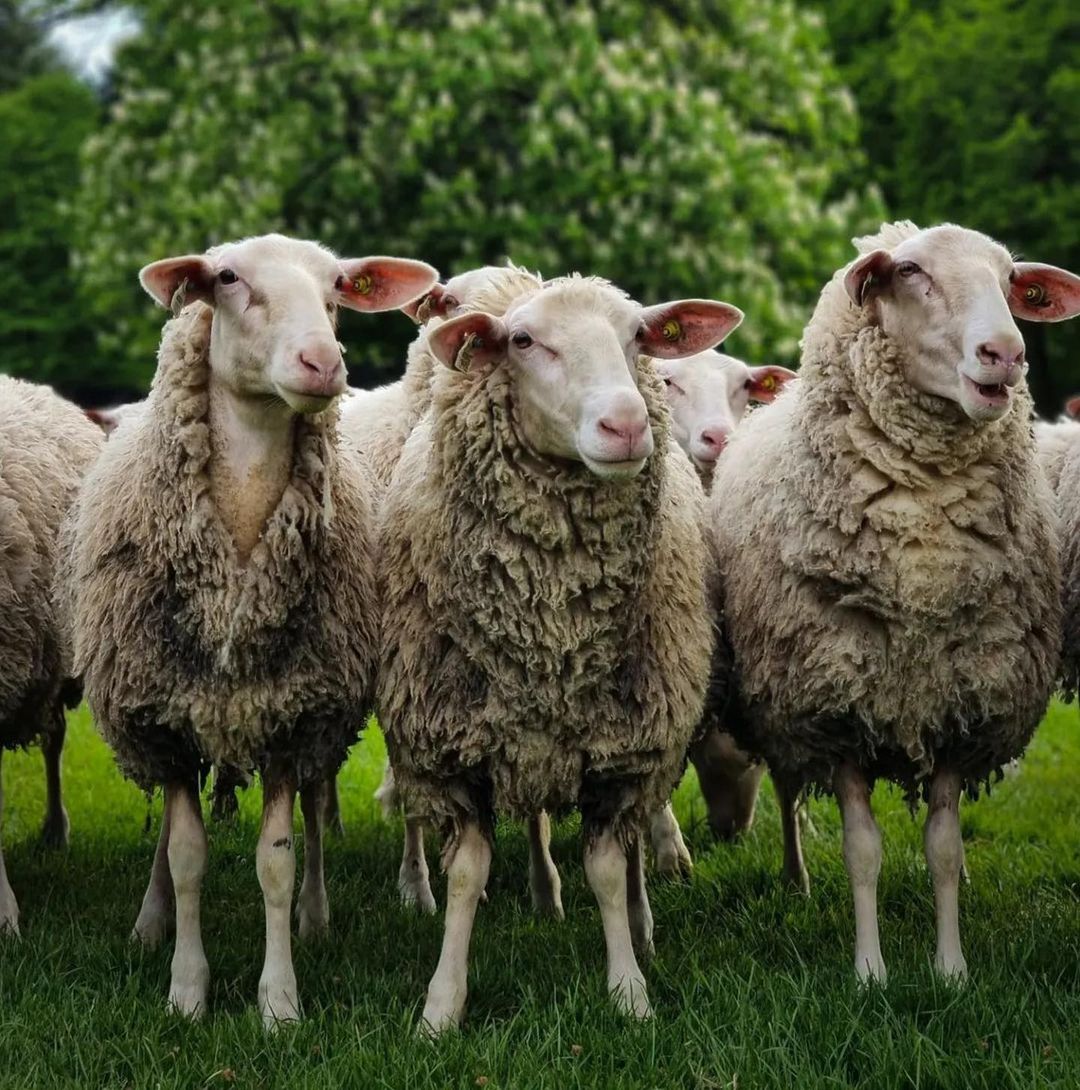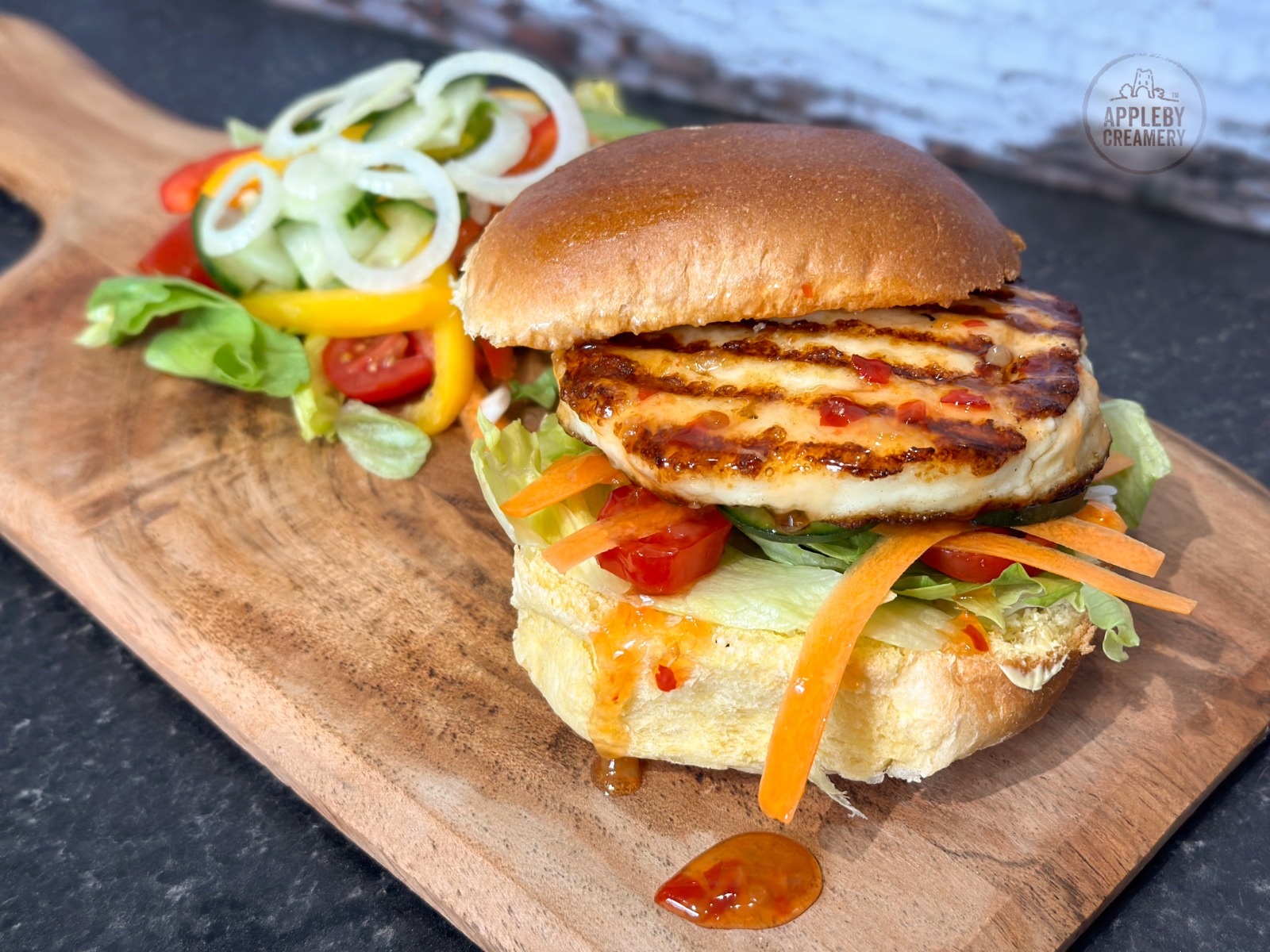Free digital copy
Get Speciality Food magazine delivered to your inbox FREE
Get your free copy
Butlers drives forward with soft cheese vision
“I can’t thank our people enough. It’s been a massive undertaking to come together and get the ranges out to customers,” says Matthew Hall of Butlers Farmhouse Cheeses, which is recovering following a fire that impacted its office and packing site at Longridge in Lancashire last November.
Just two hours after the fire struck, Butlers’ separate dairy premises whipped into production. “We have a responsibility to keep taking milk from our local farmers,” Matthew says. “It’s important to keep that community going. They want to send their milk into us, and we’ve got to be able to take that milk, make it into products, and put it out the door.”
A significant amount of stock was lost in what Matthew calls the most “brutal” way. While some of these losses will take time to recover from (chiefly stocks of longer aged cheeses such as the 18-month aged Sunday Best), he says they are pushing forward, consolidating the business’s long-term plans to make an impact in the British soft cheese market.
“We’ve increased our capacity significantly, and post-fire this has been an important lever for us,” he explains. “This means we’ve really been able to keep up that production and meet everyone’s increased demands. We’ve also seen an opportunity with retailers and independent customers, who are pivoting into taking different soft cheeses from us. It’s a great trial bed to see how well British soft cheese can do in the marketplace, and how much of a powerhouse we can make it here in Lancashire.”
The range includes Kidderton Ash (an ash-rolled goats’ cheese log), Button Mill (a soft, creamy brie-style cheese), and Parlick Brie (produced with sheep’s milk).
“We expect Blacksticks to be next back into supply, and hard cheeses after that.”
Butlers has an up-to-date portal on its website with the latest available stock, as well a ‘Next Chapter’ blog with the latest updates and news on the Longridge site.
New Yorkshire cheese is back on the market
Production of a new, soft blue cheese, crafted in Yorkshire, has ramped up thanks to investment in a new, larger, refurbished dairy.
Andrew Foley, who founded Yorkshire Organic Cheesemakers two years ago, says he’s overjoyed to be able to make more of his Shorthorn Blue, which has been very well received by cheesemongers and delis in the county.
When he started his cheesemaking journey, Andrew was only able to produce 10 to 12 cheeses at a time. Now, with a 2,000lt vat, he’s managed to hugely scale up, taking on award-winning affineur Emmanuelle Metz to help him continue his journey (with new cheeses, perhaps a Cheddar-style, on the horizon for 2024).
Milk for Shorthorn Blue is sourced mainly from a single herd of Shorthorns at Acorn Dairy in Darlington. “They make great cheese,” Andrew explains. “They’re hardy cows, and because they are very low yield the milk is so rich, which is what I think makes Shorthorn Blue such a fantastic product. Everyone says it’s a bit like a cream-enriched cheese. It’s really nice working with a single herd, with milk I know, and with a family I like!”
Andrew and Emmanuelle have spent a long time perfecting the recipe and ripening of the cheese. “The flavour is almost sweet, with caramel, which is unusual,” Andrew says. “It tends to be very mild. I call it a ‘session’ cheese because it’s just so moreish. Some blues, you taste them and think ‘I couldn’t eat a lot of that’, but this one, even people who say they don’t like blues are loving it. It’s gentle, put gives that little tang in your cheeks, that little sensation of a blue bite.”
The dairy is now open to direct orders from independent retailers and wholesalers
Try new tunnel-aged red-blue cheese
A chutney and preserves maker who branched out into cheesemaking two years ago is celebrating the success of his new red-blue cheese.
Steve Reid, who’s operated Friar’s Farm for a decade, has long had an interest in cheese, setting up the Northampton Cheese Company, “rather than retiring”.
Each cheese (made with locally sourced milk) has a name relating to Northampton’s shoemaking industry – the first being a Cheddar-style called Clickers.
With its distinctive red colour, and blue veining from Roquefort cultures, Hobnail is unique to the Northampton area, says Steve. “It’s a semi-soft blue that’s quite gentle – it’s not overly blue. We lightly press it, and when we pierce it, the marks make it look like a hobnail’s gone through it.”
Interestingly, the cheese is aged in historic tunnels deep beneath the surface of the dairy, left behind by the brewery which formerly occupied the premises. “It’s high humidity, 13C, and that makes a difference,” Steve explains. “The atmosphere gives the cheese a slightly different, more intense flavour.” Hobnail is available for retail and wholesale now.
Carron Lodge regenerates Longridge site
Extensive investment has been made at the Mill Farm dairy site in Longridge, following its acquisition by Carron Lodge at the end of 2022.
Carron Lodge, which purchased the dairy to save the Singletons brand (production of which has moved to their main site), has spent several months modernising the premises, predominantly to serve the business’s extensive export arm.
“It’s taken the best part of a year to get all the facilities ready,” says Carron Lodge’s Michael Harrison. “There were a lot of things we changed around, purely to have everything running how we liked it, including putting in a new dairy, and production has just started again.”
There are lots of plans in the pipeline for the Mill Farm site. “Because we can do such large volumes there. We’ve got large volumes of different milks going through, being produced into different cheeses. There’s a lot of scope for export and plenty of new blends and new products we’re now capable of making.”

Cotswold vodka brand saves Berkswell flock
Shockwaves rattled the British cheesemaking industry last year with the announcement that Berkswell, one of the nation’s most respected sheep’s milk cheeses, would no longer be produced.
Cheese consultant Sam Wilkins, who worked with the cheese’s makers, the Fletcher family at Ram Hall Dairy in the West Midlands, said it was incredibly sad to say goodbye to the product.
“They’d been making it for the last 35 years, but the family had been on that farm since the 1880s, so it was multi-generational. It’s the same story for many tenant farmers. Things are very tough for small businesses, and it’s been very up and down, but over the last few years Brexit and Covid have had a massive impact.”
Having made the decision to wind down making Berkswell, the Fletchers then had the daunting task of figuring out what to do with their cheese vats, cheese maturing shelves and, more importantly, their sheep. “There aren’t many flocks in the UK bred to produce great milk for cheesemaking,” explains Sam. “There’s a real quality there and years and years of husbandry have gone into that flock.”
Thankfully, Blacklion Vodka, based in the Cotswolds, came to the rescue. “Stephen (Fletcher) had been selling a little bit of whey to them, to make their sheep’s whey vodka, which I think was a first in Europe and doing really well on export. They wanted to carry on making that product. And David at King Stone Dairy, many years ago in his career, had done a stage at Ram Hall Dairy. He was approached and asked, if they continued to produce the milk, could he make a cheese. David, being David, said yes!”
Once the ewes had dried off, they were transported to their new home, at Blacklion Farm, where they will continue to be cared for by Stephen. Their last few hundred litres of milk was placed in David’s hands, and a brand-new cheese, Bibury (named for a Cotswold village) will soon be available.
“We did a tasting a few months ago and it was amazing,” says Sam. “With almost those caramelised, roast lamb fat flavours and a lovely floral note you always expect from sheep’s milk cheese.”
David will be pressing the cheese, with Sam likening it in style to an Ossau-Iraty. “I’m quite excited about the potential for it,” he says. “It’s really delicious, and there’s definitely room in the market for it. Other sheep’s milk cheesemakers have seen an uptick in demand recently. The first batches should be available soon, then we’ll be looking at starting up again at Easter time once the lambing season is over.”

Appleby launches new grilling cheese
Appleby Creamery, in the Eden Valley, has recently brought to market a premium grilling cheese, made from a single farm, using milk from Ayrshire cows, renowned for its high protein to fat ratio.
The cheese, produced in the style of a Greek or Cypriot Halloumi, has been designed to help consumers and retailers reduce food miles, while performing just as they might expect traditional varieties to in the kitchen.
Retail packs of 250g are available, alongside 700g logs, ideal for foodservice and catering.